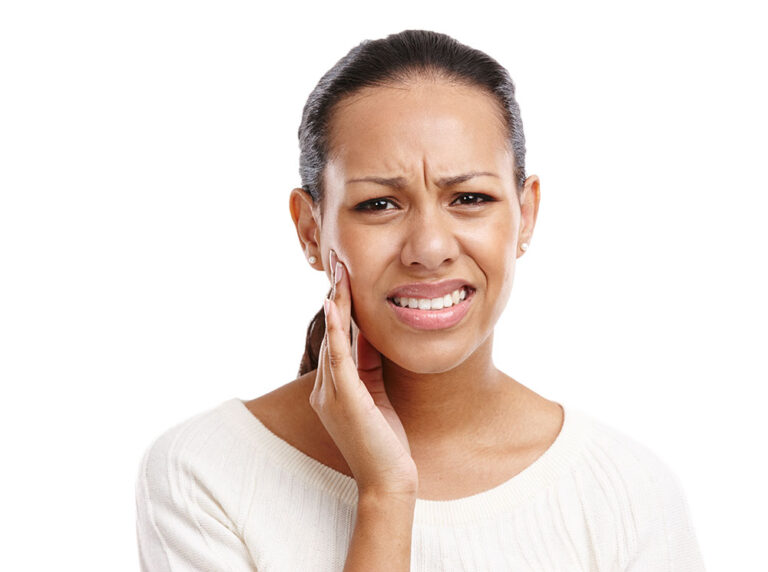DON’T LET DENTAL-RELATED ANXIETY DARKEN YOUR SMILE
MELISSA FOX
Cold sweats, nausea, hyperventilation – for some, the mere mention of the dentist can send the mind and body into a state of panic. From mild discomfort to full-blown paranoia, it’s understood that, on average, 15-30% of adults report some degree of anxiety associated with visiting the dentist.
Could you be afraid of the dentist?
Common symptoms include:
- UPSET STOMACH
- HOT FLASHES
- SWEATING
- PALPITATIONS AND INCREASED HEART RATE
- WITHDRAWAL
- LOW BLOOD PRESSURE
- FAINTING
- PANIC ATTACKS
- SHAKING
- DIFFICULTY BREATHING OR HYPERVENTILATING
- AGITATION AND MOOD SWINGS
Avoiding your oral health team can have costly, uncomfortable consequences, but by employing simple coping mechanisms you can soothe your brain long enough to get through a routine check-up with ease.
When it comes to oral hygiene, even the most fastidious of us are incapable of doing as thorough a job as the ladies and gents that dedicate themselves to caring for teeth. Not only do they guarantee your twice-daily routine of brushing/flossing is effective, but they also catch seemingly minor issues before they can become serious problems that can, in turn, require costly, complicated, and time-consuming procedures. All of which can exacerbate an already uncomfortable situation.
While your feelings of dentist-related anxiety may be justifiable, ignoring your yearly cleaning can lead to the development of bad breath, cavities, tooth decay or loss, gum disease, and infections. Further, the connection between poor oral hygiene and major health conditions like heart disease and diabetes has been well documented.
The mouth is the true window to the world of your body, and a conduit for bacteria, both good and bad. Under the best circumstances, your oral health care routine and the body’s natural defences help to keep these bacteria under control, but poor hygiene practices can and may lead to oral infections, which have been linked to diseases like endocarditis and cardiovascular disease.
Additionally, certain medications are known to reduce the flow of saliva, which is necessary to wash away food and neutralize acids produced by bacteria in the mouth. Taking into consideration the key role oral hygiene plays in overall health, proper care of your smile becomes even more crucial.
What are the causes & symptoms of dentist-related anxiety? Where does it come from? There are any number of origins. Per-haps you had a negative experience, or you heard or watched something that left a bad taste in your mouth.
Dental-related anxiety may be attributed to an inherent lack of control and vulnerability associated with being at the mercy of someone else. In some cases, a fear of anaesthetics, injections, and possible side effects can cause symptoms of anxiety. And these may also be a manifestation of other conditions: claustrophobia, obsessive-compulsive disorder, or general anxiety disorder.

